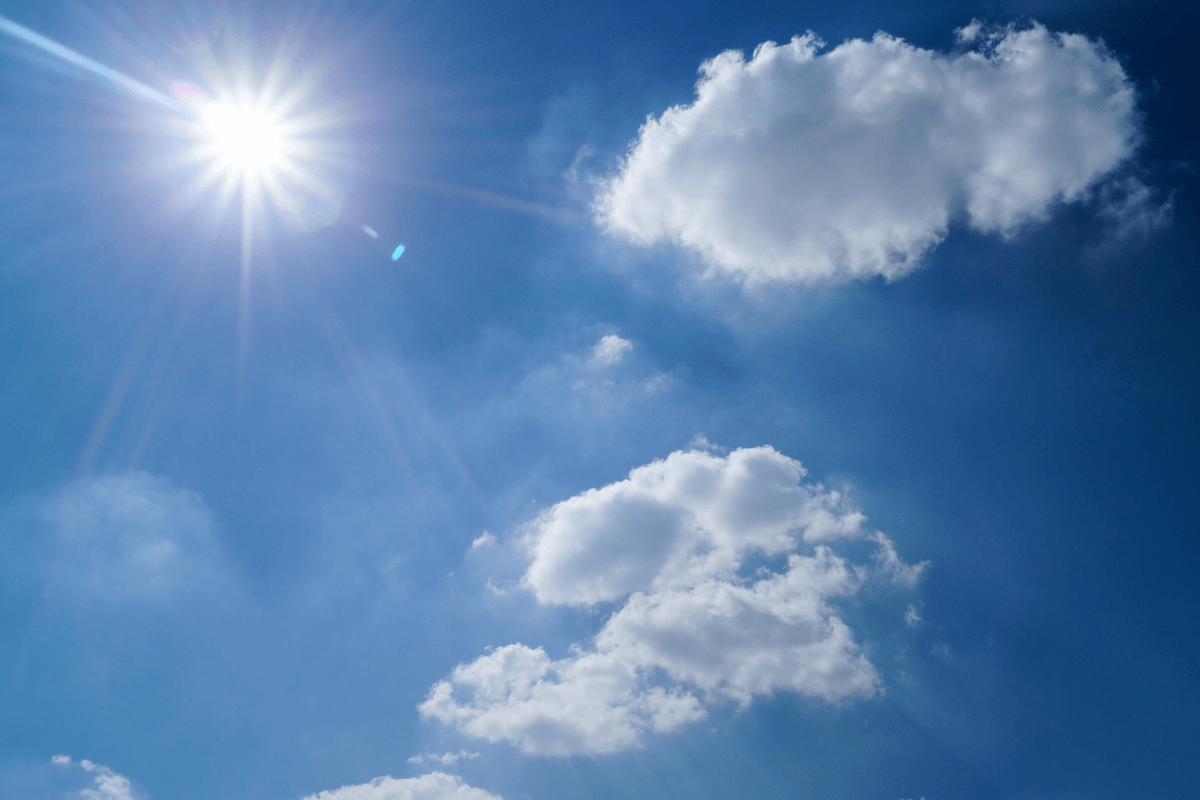
Coastal flooding. Ocean reef erosion. Worsening food shortages and wildfires. These are just some of the dire predictions made in a recent report by the United Nations on the implications of climate change. But another study found that rising global temperatures could also impair male fertility for generations.
“Heatwaves reduce male fertility and sperm competitiveness, and successive heat waves almost sterilise males,” wrote the authors of a 2018 study published in Nature Communications.
According to numerous studies, sperm thrive in lower temperatures and experts suggest that to improve your fertility odds, you should chill your testicles.
But if the entire planet is heating up, its ecosystem could be impacted by warming temperatures. According to the National Weather Service, heat fatalities in the United States have exceeded all other weather-related deaths over the last 30 years. But it’s often labeled the “silent killer,” since dying due to exposure to heatwaves is much less dramatic than deaths caused by tornadoes or earthquakes.
Learning how heat waves impact fertility
To study the effects of global warming on sperm production, scientists examined the sperm viability of red flour beetles under heatwave conditions. Researchers exposed the male insects to higher-than-normal temperatures for a 5-day period, which mimicked extremely-high temperatures in parts of the planet experience. Then those beetles were given the chance to mate with females and results were compared with those not exposed to high temperatures. The beetles who’d been in the sauna produced 75 percent less sperm than the control group and only one-third of that sperm was viable. When exposed to the heat a second time, the beetles experienced near sterility.
Researchers then went even further and studied offspring of the heated-up beetles who were able to reproduce and discovered that they were less fertile than offspring of the control group. Scientists discovered that even when the offspring weren’t exposed to the heatwave conditions, they had about a 25 percent reduction in mating success.
This study suggests that—much like irradiation, toxic chemicals and stress—exposure to heat- waves could permanently alter fertility.
Although the flour beetles are cold-blooded creatures— unlike us warm-blooded humans—there’s a strong correlation between the effects of heatwaves on the beetles’ fertility and mankind. Not only does the research show how sperm production and viability are impacted by rising temperatures, but the demise of the insect population could hamper the ecosystem, as they are an important part of large animals’ diet. A study out of Germany concluded that a local insect population had dropped by 78 percent in just 24 years, which could be part of a more global trend.
For men who are concerned about their own fertility, SpermCheck is an at-home kit that lets them monitor their sperm count quickly and easily in the comfort of home.
Of course, the results of these new findings won’t begin to impact male fertility immediately. But it’s an indication that more studies need to be done on some of the lasting effects of climate change.
“If sperm function goes down, reproduction goes down,” said one of the study’s authors. “If reproduction goes down, you’re looking at population viability problems.”



